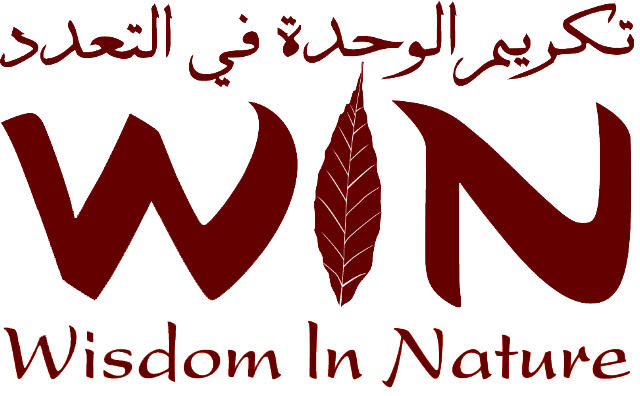The Challenges of Lessening Hierarchy: WiN Changes its Structure
One of the challenges for any group that strives to work without or with a minimal concentration of power is, how it can ensure accountability when there is no 'leader' or 'supervisor' for members to report to, and thus the absence of the typical structure prevalent in most organisations.
Another challenge is, how the group will make its key decisions, when there is no one person who will make the final decision for the group, and when we want to value all views including those of minorities (and which thus rules out majority voting).
As WiN is a group that has always strived to minimise hierarchy, developing workable mechanisms for accountability and effective processes for inclusive group decision making were important challenges we had to face.
An attempt at a horizontal structure: Adaptation needed
With regards to accountability, due to considerably varying levels of commitment and attendance - especially in the early stages of the group forming - and with a quite limited degree of face to face contact amongst members, we found that an entirely horizontal structure was not working for us. Not everyone was committed to completing their agreed tasks and not everyone was committed to exploring this, making it harder to talk about and thus resolve.
We thus decided to open up two roles: A 'Chair' role, and a 'Support to Chair' role.
Accountability
Those in these roles would have primary responsibility to help guide issues or conflict within the group to a point of resolution. While useful, the challenge was then as to how the Chair and Support could themselves be held accountable to their responsibilities within their respective roles as such, and otherwise.
We created somewhat of a framework for this by lessening their power: the Chair and Support could not dictate to the group (although they could through consulting between themselves make quickly needed minor decisions not significantly affecting the group), and were only to be in their role in certain situations. We also ensured a regular space at our review meetings for members of the group to raise anything that might be troubling them. Facilitation at these meetings would, to varying extents, be shared by several individuals.
We thus had an approach that whilst not perfect, was certainly workable, and did to a reasonable extent serve the group well, indeed much better than the original vague structure.
Group Decision Making
In terms of group-decision-making, as we were not going to use majority voting and did not want anyone to 'dictate', we had to work hard with faith and patience, and we were pushed to be more creative.
Through facilitation training, research and group experience, we developed a form of consensus-decision-making that drew on qualities of spaciousness and reflection ensuring a foundation for rich and creative decision-making for WiN.
I was surprised with the results: meetings in which we used this approach typically left us feeling incredibly liberated and empowered. It felt like a real democracy, and to me is in accordance with core Islamic principles. Ultimately, religion, must be liberating if it is authentic.
The Horizontal wish remains
Although I was Chair of the group, and was satisfied that the above setup was appropriate for our group at the time, I ideally wished for the group to be in a situation in which we could let go of the need for its Chair and Support role and work more as a co-op type structure.
Over recent months, triggered by my wish to step down as Chair, we had several discussions within the group as to what action or structural changes we make within the group. After much deliberation, and with courage, the group has now decided that we are letting go of these roles. So, we now have no 'Chair' and no 'Support to Chair' roles for WIN, thus reducing hierarchy within the group.
The Fruits of Dialogue
I was both surprised and relived that we came to this decision, and am grateful to my fellow WiN Reps, Elizabeth and Shumaisa for recognising the individual and collective responsibilities needed for our new set-up. While we need to give time to consider how our new structure functions best, I am also grateful that we continue to have strong self-examining qualities, and that while we strive to act in the world, which we are a part of, with some success we also work on ourselves to mirror the world we want to live in.
Cheers both!
Muzammal Hussain
